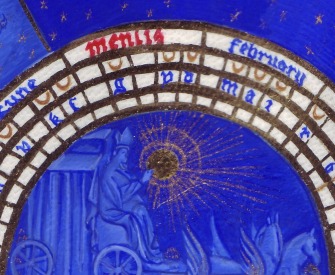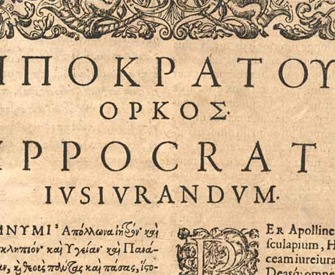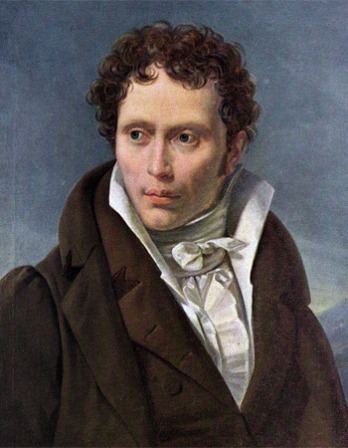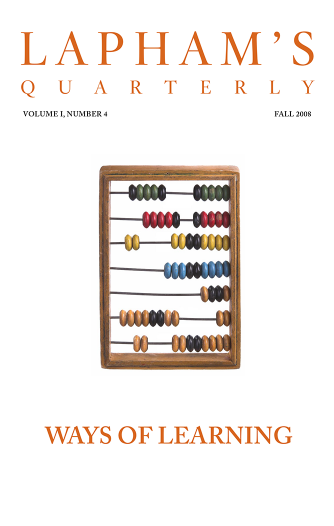A peripety is the change from one state of things within a play to its opposite, in the probable or necessary sequence of events, as it is for instance in Oedipus.
Here the opposite state of things is produced by the messenger, who, coming to gladden Oedipus and to remove his fears as to his mother, reveals the secret of his birth. A discovery is, as the very word implies, a change from ignorance to knowledge, and thus to either love or hate, in the personages marked for good or evil fortune. The finest form of discovery is one attended by peripeties, like that which goes with the discovery in Oedipus. There are no doubt other forms of it; what we have said may happen in a way in reference to inanimate things, even things of a very casual kind; and it is also possible to discover whether someone has done or not done something. But the form most directly connected with the plot and the action of the piece is the first-mentioned. This, with a peripety, will arouse either pity or fear—actions of that nature being what tragedy is assumed to represent; and it will also serve to bring about the happy or unhappy ending. The discovery, then, being of persons, it may be that of one party only to the other, the latter being already known; or both the parties may have to discover themselves.
From the Poetics. Though the Greek word anagnorisis is here translated as “discovery,” literature scholar Terence Cave has argued that the word—likely built from gnosis, “knowledge,” and ana-, an enjoining of two negative prefixes—indicates something more like “rediscovery,” that is, “a shift from ‘not knowing’ to ‘not not-knowing.’ ” In 1927 E.M. Forster took issue with the Poetics. “Aristotle is wrong,” he wrote, “and now we must face the consequences of disagreeing with him.”
Back to Issue





